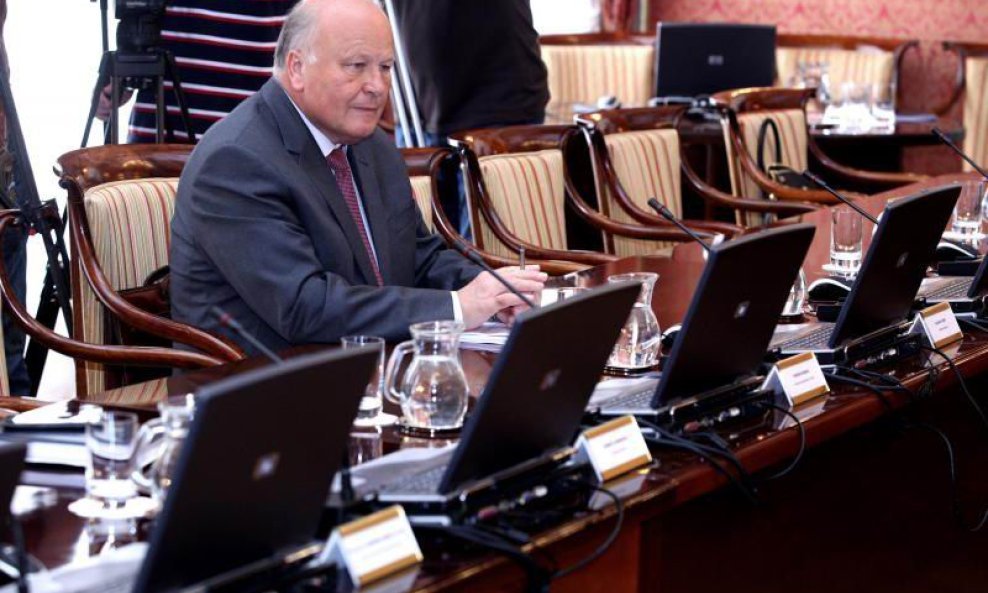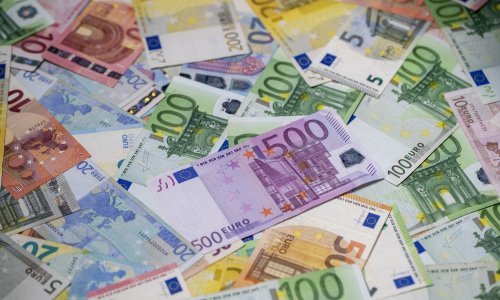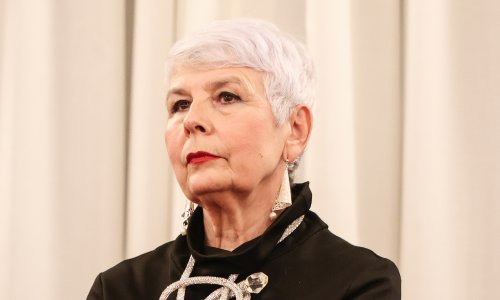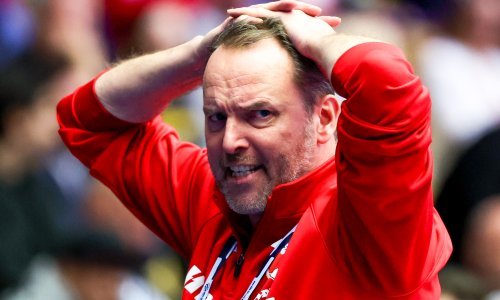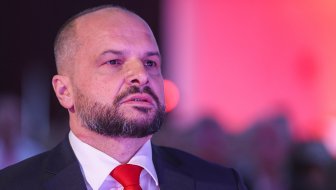Croatia will not be able to apply for the eurozone in the next three to four years because of debt and deficit difficulties, Foreign Minister Slavko Linic said in Brussels on Tuesday.
"Because of the excessive debt, the tough struggle to bring our deficit to below three per cent of GDP, Croatia won't be able to apply to join the eurozone in the next three to four years. Ahead of us is a long period of financial consolidation and the struggle for economic growth, and economic growth means many investors, new investments and successful privatisations," Linic said after a meeting of eurozone finance ministers.
A decision was formally made at the meeting that Latvia will enter the eurozone on January 1, 2014. Linic said this decision and Croatia's EU entry on July 1 showed that Europe continued to grow stronger.
He said Croatia was preparing for the Excessive Deficit Procedure which the Commission could launch in the next European Semester, a new instrument for the coordination of member countries' economic policies.
"Croatia is a country fighting an excessive deficit and will certainly enter that procedure in the next European Semester. We simply have to work on that together and see what the European Commission's recommendations are, so that we can bring the deficit to an acceptable level as soon as possible."
The Commission projected in May that Croatia's deficit would rise from 3.8 per cent of GDP in 2012 to 4.7% this year and 5.6% in 2014. The public debt is expected to reach 57.9% of GDP this year and 62.5% in 2014.
Linic criticised "some experts and the opposition" for how they portrayed the lease of Croatia's motorways. He said the only important thing for citizens was the quality of the lease contracts, which would be measured by how much the state would be able to influence the road toll amounts, and responsible motorway management.
"The state can't have excessive debts but, unfortunately, we are close to a debt of 60% of GDP. We can't service interest rates, so we can't reduce debt except through privatisation revenue, which should be clear to everyone... The message to the citizens is clear... You only have to watch the quality of that contract, because if someone manages responsibly and road tolls aren't too high, it doesn't matter to citizens if the motorways are managed by the state, a foreigner or a domestic investor."
Speaking of a decision by the state-owned power company HEP to cut electricity prices for households, Linic said this was another positive aspect of EU membership.
"We will have competition which will bring citizens lower prices. We must see that we enable our companies to be competitive too so that we have jobs, so that our companies invest too and fight for survival, on the domestic market at least. As for HEP, the restructuring process evidently hasn't passed and still awaits us," the ministers said.



